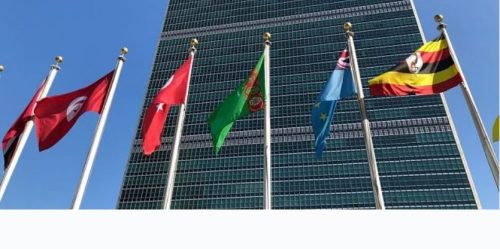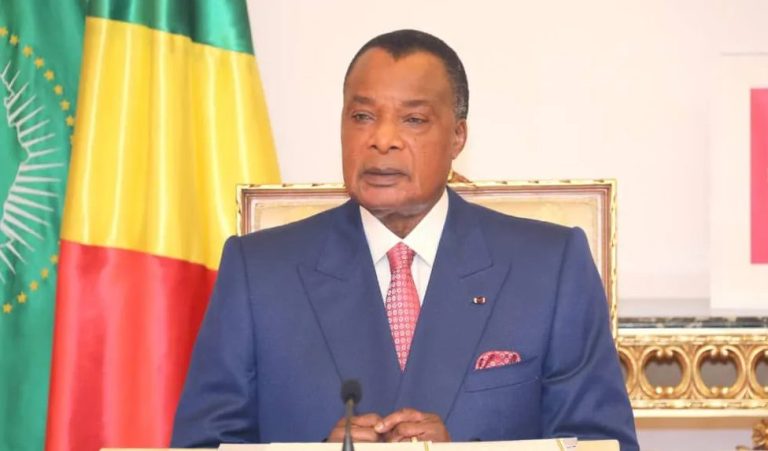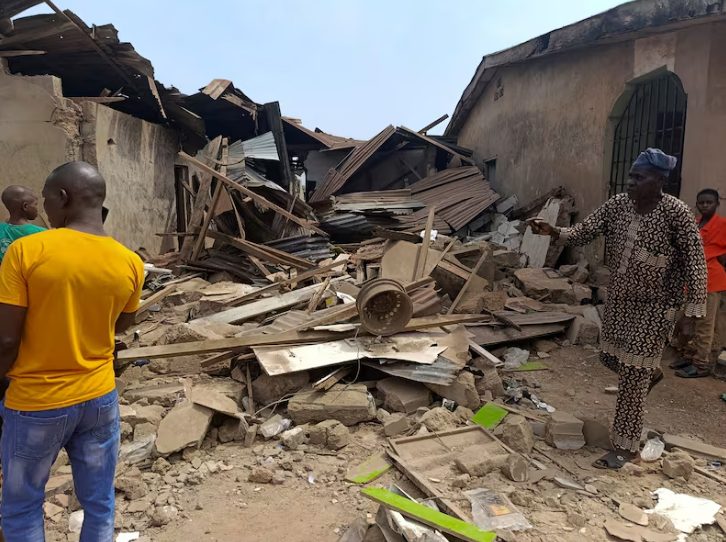
With nearly 600 million people projected to remain in extreme poverty by 2030 and developing countries facing annual sustainable development financing gaps of up to $4 trillion, officials warned that the global development cooperation system is falling short at a time of urgent need.
At the opening of the Forum, Rae emphasised that development cooperation must move beyond UN and state-led efforts to fully integrate international financial institutions and private sector contributions. “At the notion that this is somehow a UN alone project, or UN and nation state project alone is wrong. It has to include in an integral way what the IFIs are doing at every level, and what the private sector is doing at every level,” he said.

Li Junhua, UN Under-Secretary-General for Economic and Social Affairs, underscored the impact of an increasingly fragmented system. “Too many countries are burdened by unsustainable debt, shrinking fiscal space, and a fragmented development system that does not align with urgent needs and priorities,” he said. “In this dysfunctional system, women and girls bear the heaviest burden, facing disproportionate impacts that threaten to erase decades of hard-won progress on gender equality.” The Report of the Secretary-General on trends and progress in international development cooperation presented at the Forum highlighted stark realities.
The Forum convenes ahead of the Fourth International Conference on Financing for Development, set for June 30 to July 3, where Member States will discuss potential reforms to the development cooperation architecture. The Forum’s recommendations will contribute to these discussions, aiming to ensure that international funding mechanisms better serve the world’s most vulnerable populations.




